Science & Society
Sign up for our newsletter
We summarize the week's scientific breakthroughs every Thursday.
-
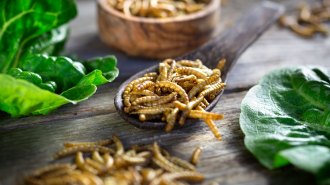 Science & Society
Science & SocietyA new seasoning smells like meat thanks to sugar — and mealworms
A spoonful of sugars could help cooked mealworms go down more easily, a potential boon for the planet.
By Anil Oza -
 Neuroscience
NeuroscienceSleep deprivation may make people less generous
Helping each other is inherently human. Yet new research shows that sleep deprivation may dampen people’s desire to donate money.
By Sujata Gupta -
 Science & Society
Science & SocietyFriendships with rich people may help lift children out of poverty
For poor children, forming connections to richer peers is linked to greater earnings later in life, researchers say.
By Sujata Gupta -
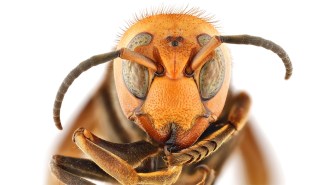 Animals
Animals‘Murder hornets’ have a new common name: Northern giant hornet
Anti-Asian hate crimes helped push U.S. entomologists to give a colorful insect initially dubbed the Asian giant hornet a less inflammatory name.
By Susan Milius -
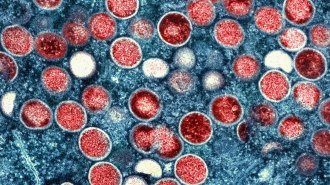 Health & Medicine
Health & MedicineThe world is ‘losing the window’ to contain monkeypox, experts warn
As the global monkeypox outbreak surges, the world is giving the “virus room to run like it never has before,” researchers say.
-
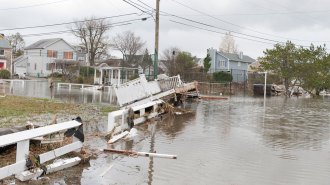 Science & Society
Science & SocietyIn the battle of human vs. water, ‘Water Always Wins’
In her new book, environmental journalist Erica Gies follows people who are looking for better solutions to extreme droughts and floods.
-
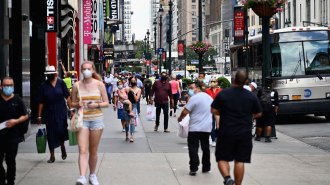 Science & Society
Science & Society‘Virology’ ponders society’s relationship with viruses
In a collection of wide-ranging essays, microbiologist Joseph Osmundson reflects on the COVID-19 pandemic and calls for “a new rhetoric of care.”
-
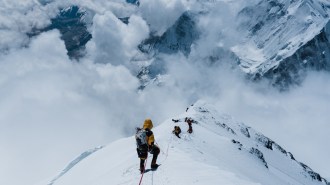 Anthropology
AnthropologyDemond Mullins climbed Everest to inspire more Black outdoor enthusiasts
Mullins hopes his successful Mount Everest summit will encourage more Black people to experience the great outdoors.
-
 Health & Medicine
Health & MedicineCollege COVID-19 testing can reduce coronavirus deaths in local communities
Counties with colleges that did COVID-19 testing fared better against the coronavirus in fall 2020 than towns with colleges that did not test.
By Anil Oza -
 Psychology
PsychologyThe idea that many people grow following trauma may be a myth
Studies of posttraumatic growth are fundamentally flawed and can contribute to toxic cultural narratives, researchers say.
By Sujata Gupta -
 Science & Society
Science & SocietyRussia’s invasion could cause long-term harm to Ukraine’s prized soil
War will physically and chemically damage Ukraine’s prized, highly fertile chernozem soils. The impacts on agriculture could last for years.
-
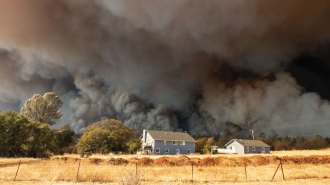 Health & Medicine
Health & MedicineWestern wildfires’ health risks extend across the country
As western wildfires become more common, hazardous smoke is sending people — especially children — to emergency rooms on the East Coast.
By Megan Sever